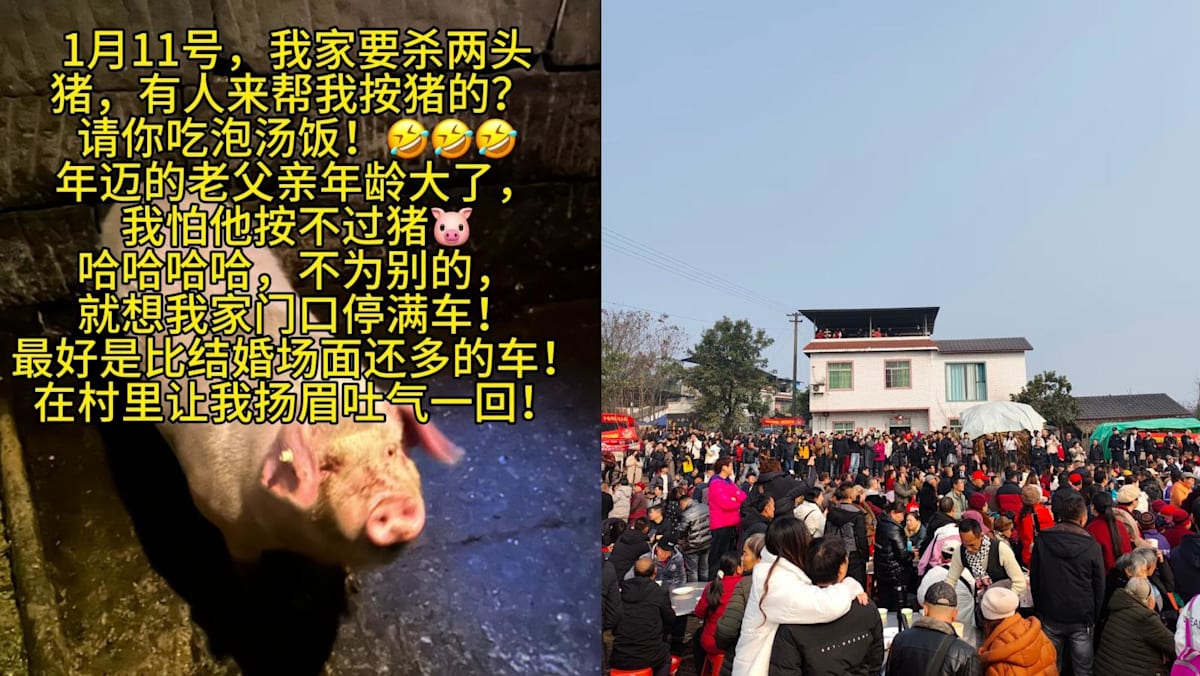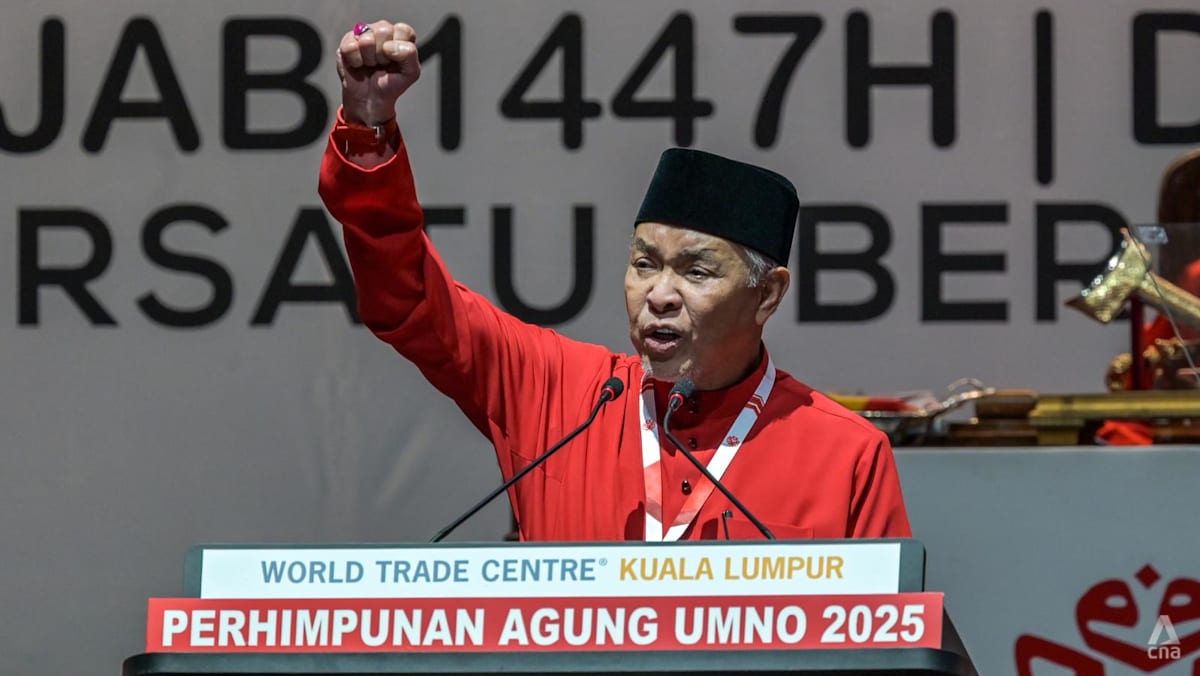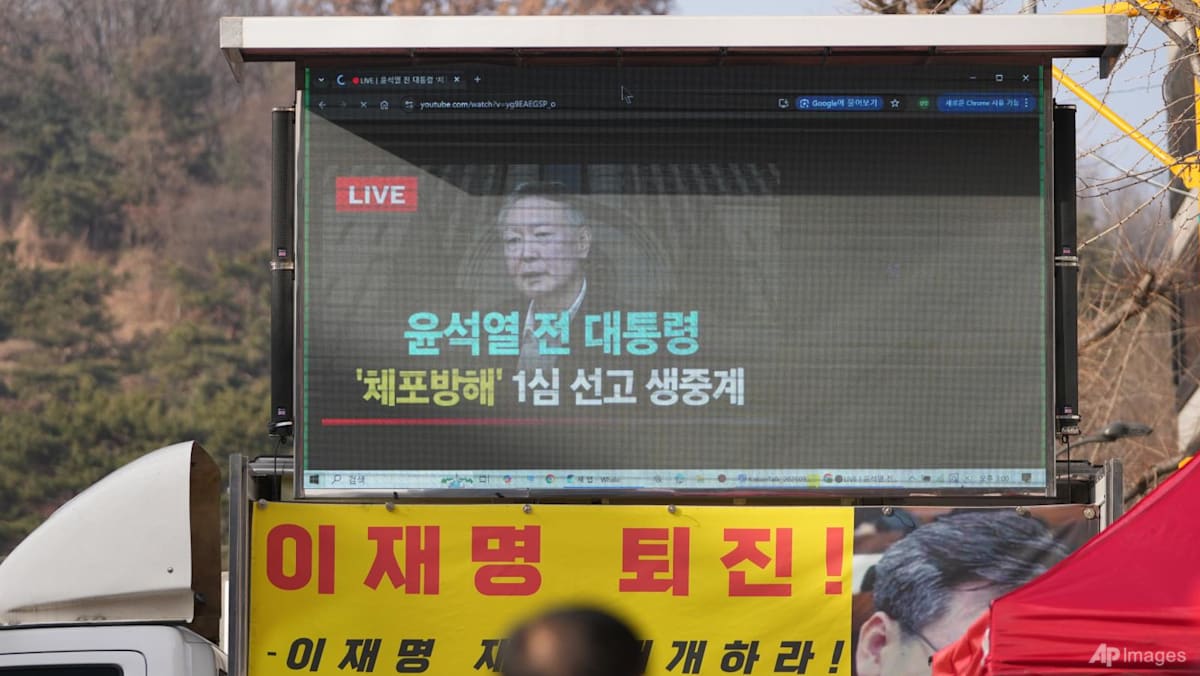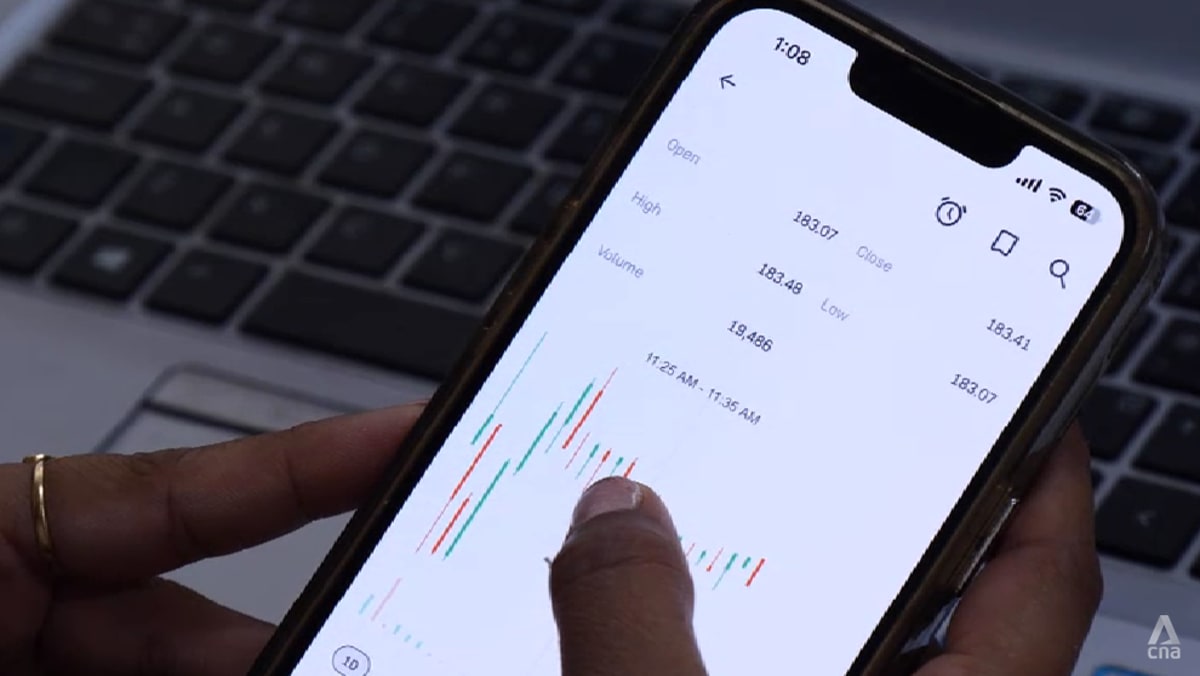Hong Kong protest anthem’s online presence fades as govt seeks total ban

The head of Amnesty International’s China team, Sarah Brooks, said in a statement that “a song is not a threat to national security, and national security may not be used as an excuse to deny people the right to express different political views”.
Hong Kong returned from British to Chinese rule in 1997 with the guarantee its freedoms, including freedom of speech, would be protected under a “one country, two systems” formula. Critics of the national security law say those freedoms have eroded fast.
According to a writ seen by Reuters, the government seeks to ban performing and disseminating of the song, including online, its melody and lyrics and any adaptations.
The writ also listed 32 YouTube videos related to the song, including instrumental and sign-language versions. The application for an interim injunction will be heard by the High Court on Jul 21.
The government asked anyone who opposes the injunction to contact police by Jun 21 and provide their name, address, telephone number and identity card number.
Glory to Hong Kong, including its various versions, dominated the top ten in Apple’s Hong Kong iTunes Store chart as people rushed to buy the song after the government announced its bid to ban it.
Overseas Hongkongers have launched a global appeal to radio stations around the world to broadcast the song. Radio stations in Australia, France, Ukraine, Denmark and Estonia have played the song.
Apple, Spotify, KKBOX, Google and “ThomasDGX & HongKongers” did not immediately respond to requests for comment.
Meta, which owned Facebook and Instagram, has declined to comment.
Hong Kong does not have its own anthem. Glory to Hong Kong has been played mistakenly instead of the Chinese national anthem March of the Volunteers. The Asia Rugby Association blamed “a simple human error” for its mistake.
Hong Kong’s security chief said in December Google had refused to change its search results to display China’s national anthem instead of Glory to Hong Kong when users searched for Hong Kong’s national anthem, expressing “great regret” at the decision.
Source: CNA















